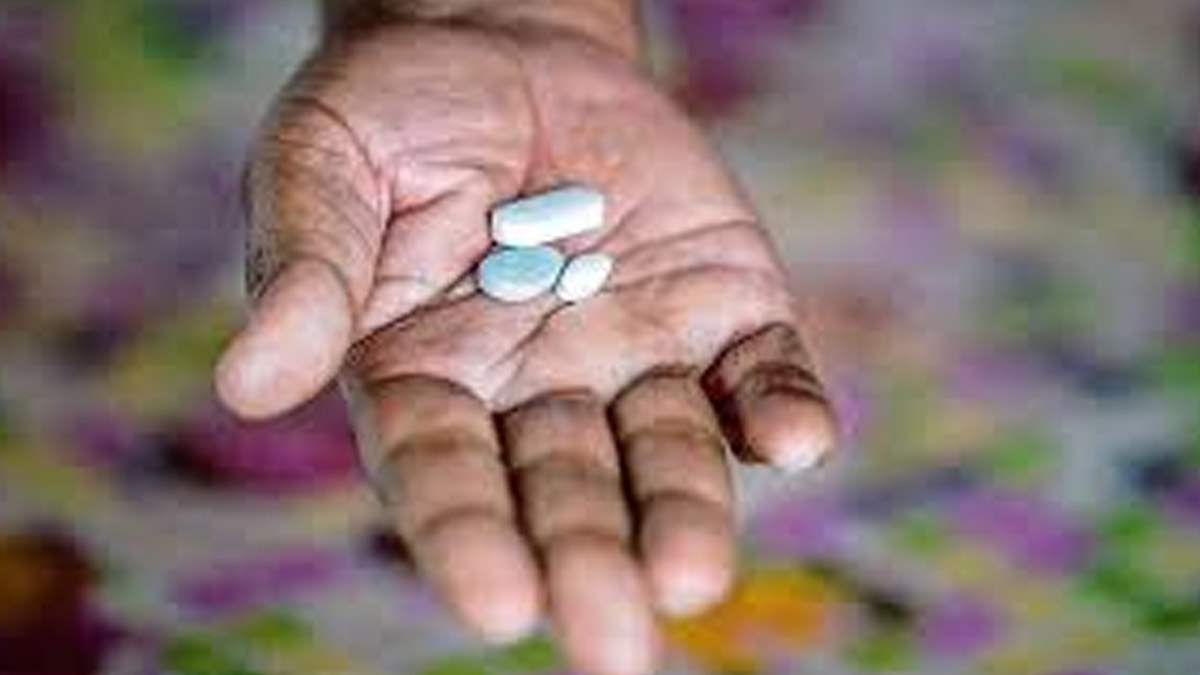
In a groundbreaking development, a large clinical trial conducted in South Africa and Uganda has revealed that a new pre-exposure prophylaxis (PrEP) drug, administered as a twice-yearly injection, provides total protection against HIV infection for young women. This promising advancement in HIV prevention is poised to revolutionize the way we approach the battle against this global health crisis.
Table of Content:-
The Purpose 1 Trial: A Comprehensive Study
The Purpose 1 trial involved 5,000 participants across 25 sites in South Africa and three sites in Uganda. The primary objective was to evaluate the efficacy of lenacapavir, a fusion capsid inhibitor, in preventing HIV infections among young women aged 16 to 25. Lenacapavir works by interfering with the HIV capsid, a protein shell that protects the virus's genetic material and enzymes necessary for replication. This drug is administered just under the skin every six months, offering a more manageable prevention method compared to daily pills.
Sponsored by Gilead Sciences, the trial was a randomized, controlled study with three arms. Participants were assigned to one of three groups in a 2:2:1 ratio: those receiving lenacapavir injections, those taking daily Descovy (F/TAF) pills, and those on daily Truvada (F/TDF) pills. The double-blinded nature of the trial ensured that neither the participants nor the researchers knew which treatment was being administered until the study's conclusion.
Key Findings: Superior Protection with Lenacapavir
The trial's results were nothing short of remarkable. None of the 2,134 women who received lenacapavir contracted HIV, demonstrating 100% efficacy. In contrast, 16 of the 1,068 women (1.5%) on Truvada and 39 of the 2,136 women (1.8%) on Descovy contracted the virus. These findings prompted an independent data safety monitoring board to recommend ending the trial's blinded phase and offering all participants a choice of PrEP.
.jpg)
Significance of the Breakthrough
This study's outcomes offer immense hope for a more effective HIV prevention strategy, especially among young women in eastern and southern Africa, who are disproportionately affected by new infections. The ease of receiving an injection twice a year, as opposed to maintaining a daily pill regimen, addresses significant social and structural barriers that many young women face.
Globally, there were 1.3 million new HIV infections in the past year. Although this is a decrease from the 2 million infections recorded in 2010, it is still far from the UNAIDS target of fewer than 500,000 new infections by 2025. The introduction of lenacapavir as a reliable prevention tool could be a crucial step towards meeting this goal and potentially ending AIDS by 2030.
Also Read: Study Suggests 2 Vitamin B Deficiencies May Play A Role In Parkinson's Disease
Complementary Prevention Strategies
While lenacapavir offers a promising solution, it is essential to recognize that PrEP is just one aspect of a comprehensive HIV prevention strategy. This approach should include HIV self-testing, access to condoms, screening and treatment for sexually transmitted infections, and contraception for women of childbearing age. Additionally, medical male circumcision for young men should be promoted for health reasons.
For young people, particularly those who struggle with the daily decision to take a pill or use a condom, the simplicity of a twice-yearly injection could significantly reduce unpredictability and barriers. For young women facing stigma or violence related to their HIV prevention efforts, lenacapavir provides a discreet and effective option.
Next Steps: Open-Label Phase and Future Plans
Following the successful initial phase, the Purpose 1 trial will now enter an open-label phase. Participants will be informed about their previous treatment group and given the option to choose their preferred PrEP method as the study continues. Additionally, a sister trial, Purpose 2, is underway, targeting cisgender men, transgender individuals, and nonbinary people who have sex with men, across various regions including some African sites.
Regulatory Approval and Future Accessibility
The next steps involve Gilead Sciences submitting the trial results to regulatory authorities in Uganda, South Africa, and other countries within the coming months. The World Health Organization (WHO) will also review the data and potentially issue recommendations. The hope is that lenacapavir will be incorporated into WHO and national guidelines soon.
Also Read: Reports Of Dangerous Skin Diseases Spreading Among Children In Gaza; What Might Be The Causes?
To ensure widespread access, particularly in the public sector, it is crucial to address the drug's pricing. Gilead Sciences has indicated plans to offer licenses to companies that produce generic drugs, a critical measure to reduce costs. Ideally, governments will be able to purchase lenacapavir affordably, making it accessible to all who need protection against HIV.
Bottomline
The advent of lenacapavir as a highly effective, twice-yearly injection for HIV prevention marks a significant milestone in the fight against HIV/AIDS. This breakthrough offers renewed hope for young women at high risk of infection and represents a major step forward in global HIV prevention efforts. As regulatory processes move forward and further studies are conducted, the potential for widespread implementation of lenacapavir could drastically change the landscape of HIV prevention and bring us closer to ending the epidemic.
Also watch this video
Read Next
2 Cases Detected, Parts Of Rajkot Declared Cholera-Hit; Here’s How To Prevent Getting Infected
How we keep this article up to date:
We work with experts and keep a close eye on the latest in health and wellness. Whenever there is a new research or helpful information, we update our articles with accurate and useful advice.
Current Version